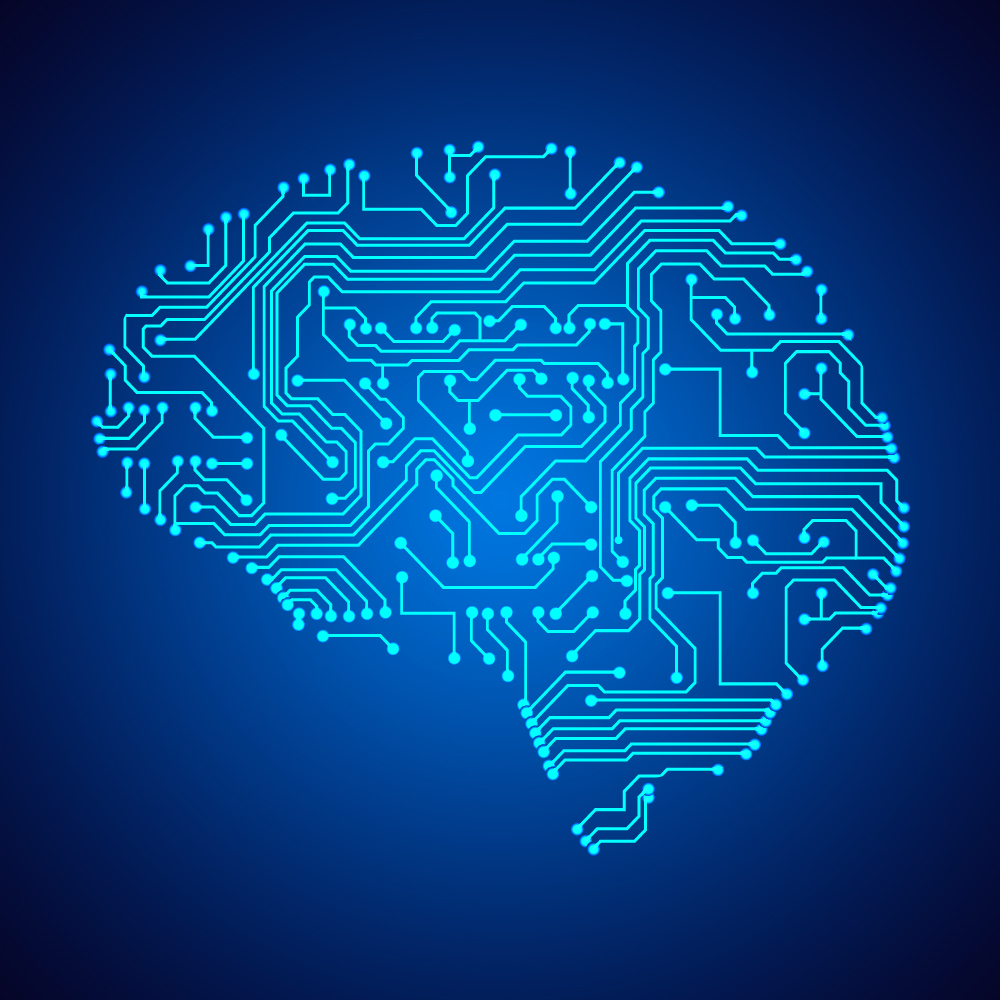Protein Involved in Duchenne MD Influences Brain Wiring, Study Says
Written by |

Researchers at Stony Brook University, in New York, found that a protein (dystroglycan) of the muscle whose impaired activity contributes to the pathology of Duchenne muscular dystrophy, also plays a key role in brain development.
Because previous research has shown that Duchenne muscular dystrophy (DMD) patients may also develop neurological conditions such as intellectual disability, autism, and severe learning disabilities, the finding might help establish a link between MD and brain disorders due to a possible common origin in the dystroglycan dysfunction.
The results are described in the study “Dystroglycan Suppresses Notch to Regulate Stem Cell Niche Structure and Function in the Developing Postnatal Subventricular Zone,” published recently in the journal Developmental Cell.
In the present study reported by Freyja McClenahan and colleagues, researchers found that dystroglycan plays a very important role during development in the assembly and function of a major specialized niche in the adult brain which supports and protects neural stem cells — the cells that will later produce and repair neurons and other brain cells. Without that niche, brain development and the establishment of the net for neuronal connection (brain wiring), does not unfold and develop normally. The result may be different degrees of impairment and cognitive dysfunction, as well as brain disorders.
“In this ‘dysfunctional niche’, the stem cells overproduce oligodendroglia, a neural cell type that establishes rapid communication pathways in the brain. But overproduction of oligodendroglia can cause major abnormalities in brain wiring, thus resulting in a multitude of cognitive abnormalities,” Holly Colognato, PhD, the lead author of the study, said in a news release.
Colognato and student Himanshu Sharma are currently experimenting to understand impaired dystroglycan interactions with other proteins that occur in injured adult brains or in aging brains.





